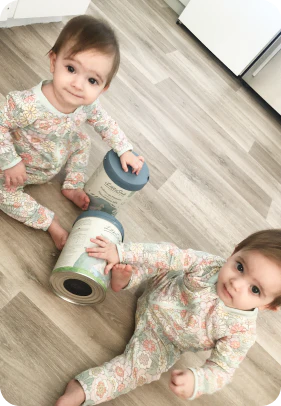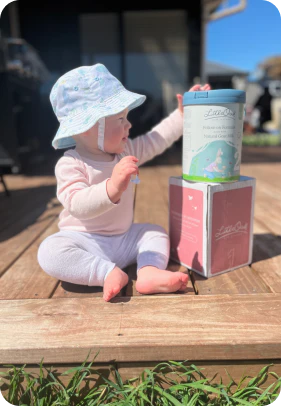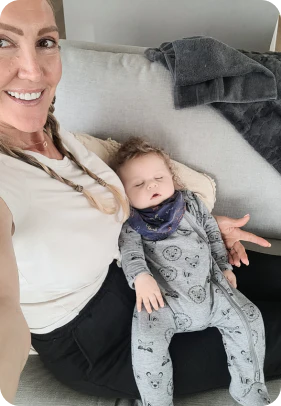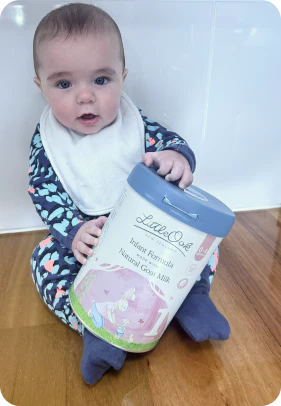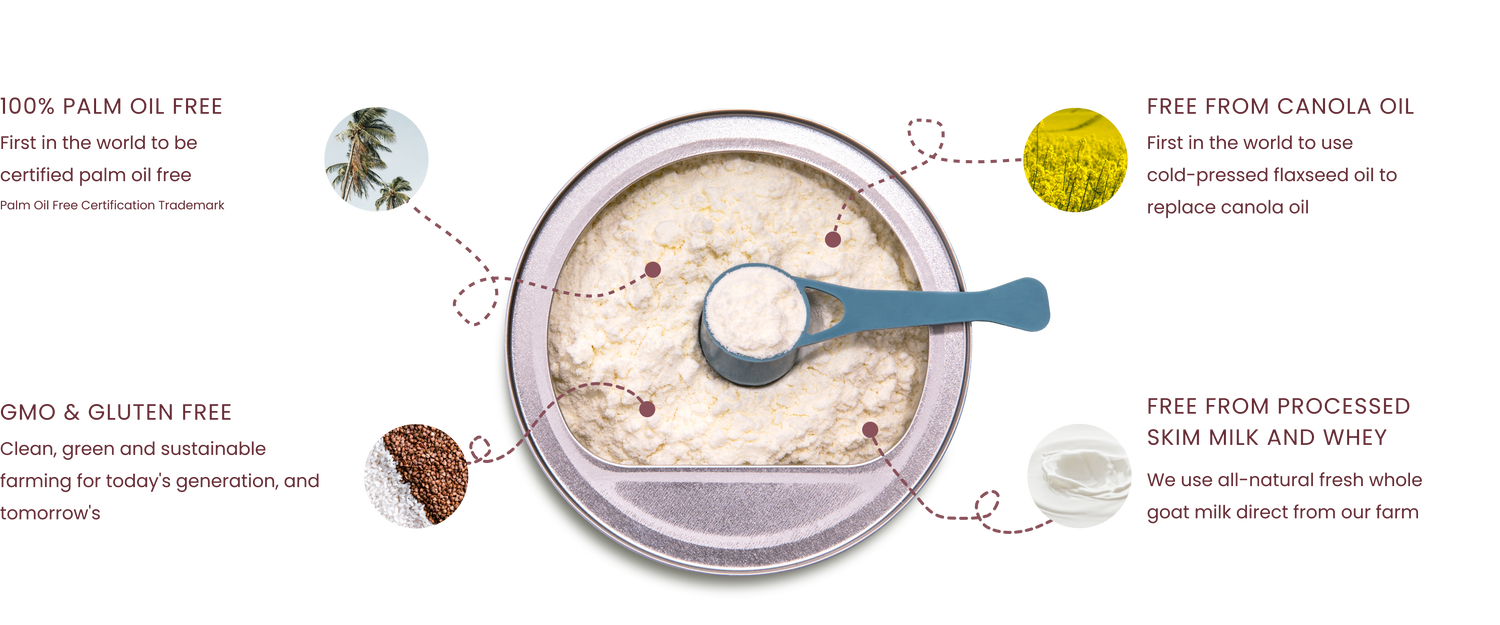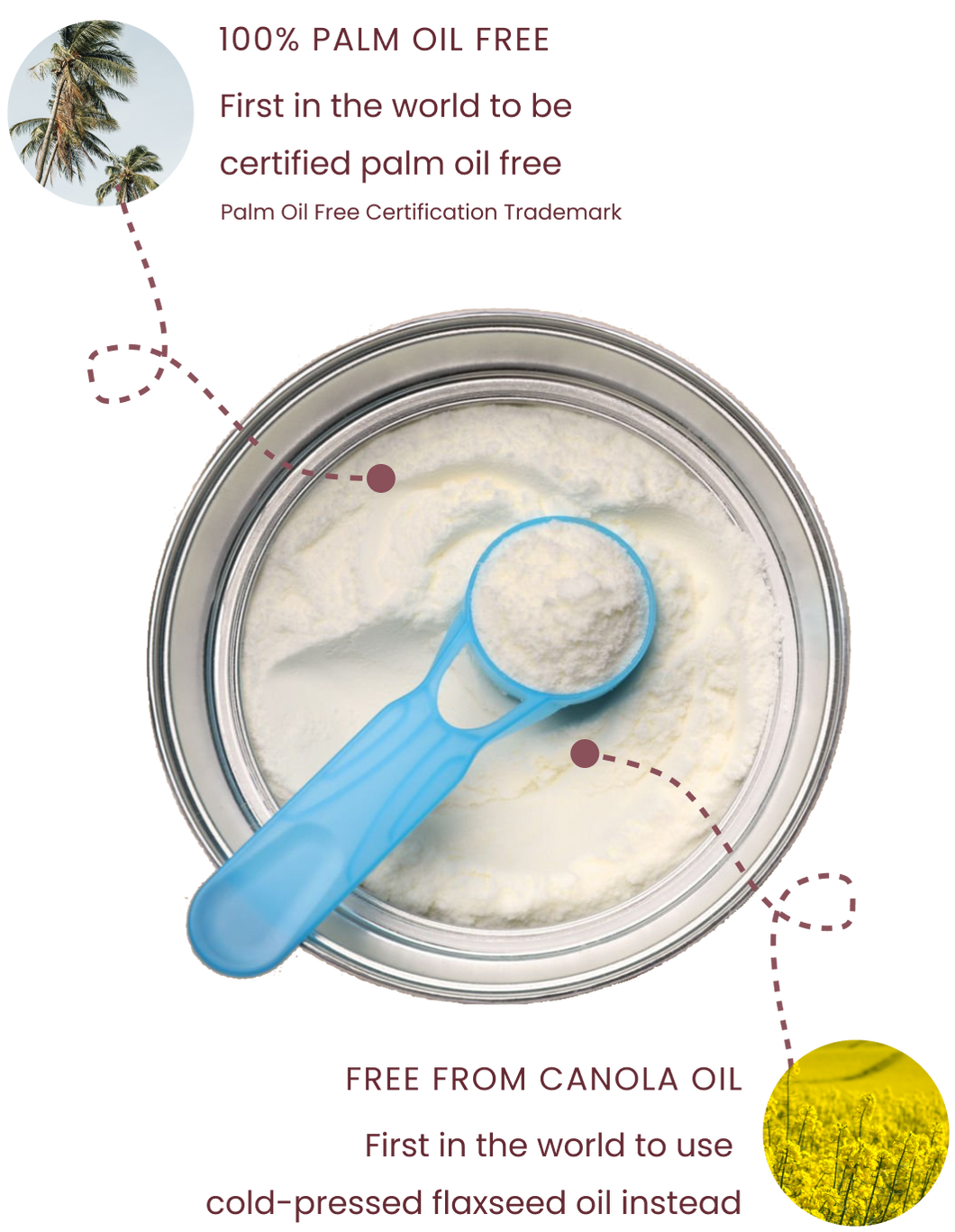At LittleOak, we collaborate with a diverse range of experts across all aspects of children's health and wellness, ensuring we provide you with comprehensive insights into your child’s well-being. Read on to learn from Sarah Boyce, clinical certified naturopath and CEO and Founder of Grounded Collective.
By Sarah Boyce
Eczema, bloating, disturbed sleep or generally “colicky” symptoms? They all originate from the gut. As a Children’s Clinical Naturopath, I often treat babies and toddlers experiencing poor digestion, skin conditions, sleep issues as well as allergies and intolerances. When we dig deeper into these issues, we often find gut dysfunction and inflammation -- both of which are exacerbated by poorly digested formulas and medications prescribed to mask the symptoms.
Many formulas on the market are loaded with synthetic chemicals, palm oil, thickeners, emulsifiers, preservatives, chemically extracted oils and genetically modified ingredients. These ingredients are poorly digested, leading to inflammation which often presents as diarrhoea, bloating, colic symptoms, eczema and allergic reactions. In a world with so many options, how can parents possibly decide on a formula during such a demanding time of their lives?
Cue, goat’s milk formula.
Goat’s milk is beginning to gain quite the hype (rightly so) with it’s easier to digest A2 proteins and lower lactose levels in comparison to cow’s milk. Little bellies can struggle to digest these proteins which create inflammation in the gut and lead to skin, sleep, digestive and temperament issues. The children I’ve worked with who have switched from cow’s milk formula to goat’s milk formula (alongside gut support), have experienced fewer digestive complaints and improved, if not completely resolved, colic symptoms and eczema.
While many treatments seek to mask these symptoms with laxatives – think ‘colic drops’ or steroid creams – they often cause these same issues to return post-treatment. At their worst, they can lead to chronic disfunction in the gut and skin barrier.
Instead of temporarily alleviating symptoms, you should always seek the root cause of your child’s discomfort to ensure you’re treating correctly.
*As always, this post is not medical advice. Always seek the guidance of your doctor or other qualified health professional with any questions you may have regarding your/your child’s health.
Learn more from Sarah at the Grounded Collective here.














